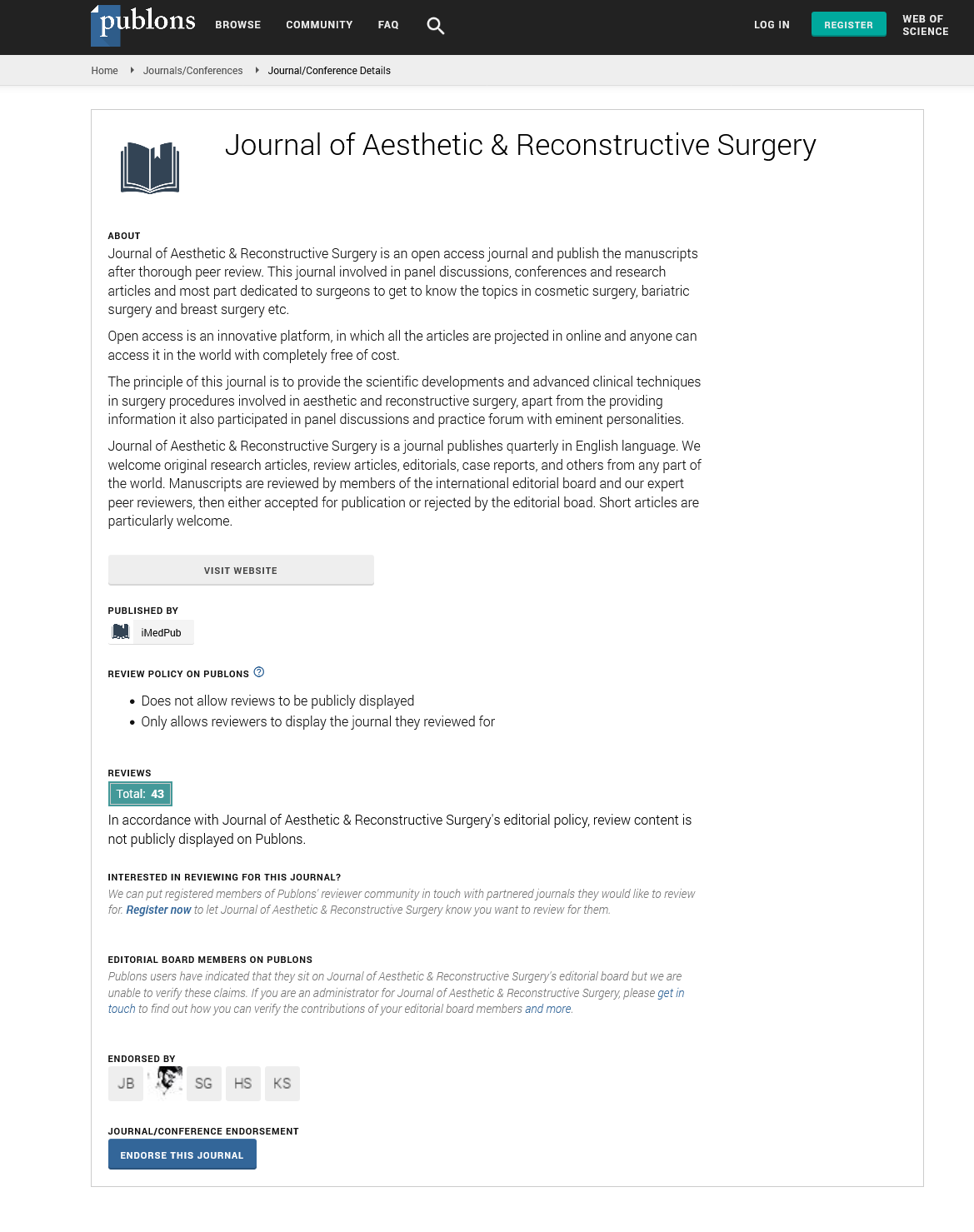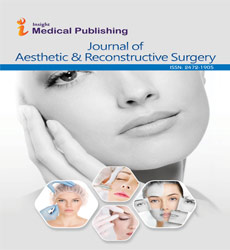Abstract
Association of Microbial Growth on Silicone Breast Implants with Capsular Contracture: A Systematic Review
Background: Capsular contracture is the most common complication following breast implant surgery. Previous evidence suggests that the presence of microbial biofilms on and surrounding the implant may contribute to the development of contracture.
Objective: Our goal was to systematically review the literature and summarize the evidence to date regarding the identification of biofilm-forming bacteria on breast implants and the association with capsular contracture. Furthermore, we aimed to describe specific microbial species associated with capsular contracture and assess if species correlates with contracture severity.
Exposure and outcomes of included studies: 10 studies were included in the present review, consisting of cross sectional studies of patients undergoing breast implant removal, as well as experimental animal models. All studies assessed for the presence of microbial growth and subsequently assessed capsular contracture using the Baker’s scale.
Conclusion: Results of all studies support the hypothesis that the presence of microbial biofilm is a major contributor to capsular contracture, with the primary causal species being Staphylococcus epidermidis and Propionibacterium acne, part of the normal breast flora. Better powered and better controlled studies are needed to further investigate this phenomenon in order to inform surgeons on how to mitigate the risk of capsular contracture for patients.
Author(s):
Melissa Agnello, Payal Shah, Jonathan Tucci, Stefanie Bodison, Maxwell Johnson, Daniel Gardner and Alex K Wong
Abstract | Full-Text | PDF
Share this

Google scholar citation report
Citations : 130
Journal of Aesthetic & Reconstructive Surgery received 130 citations as per google scholar report
Journal of Aesthetic & Reconstructive Surgery peer review process verified at publons
Abstracted/Indexed in
- Google Scholar
- China National Knowledge Infrastructure (CNKI)
- Directory of Research Journal Indexing (DRJI)
- WorldCat
- Publons
- Geneva Foundation for Medical Education and Research
- Secret Search Engine Labs
- Euro Pub
Open Access Journals
- Aquaculture & Veterinary Science
- Chemistry & Chemical Sciences
- Clinical Sciences
- Engineering
- General Science
- Genetics & Molecular Biology
- Health Care & Nursing
- Immunology & Microbiology
- Materials Science
- Mathematics & Physics
- Medical Sciences
- Neurology & Psychiatry
- Oncology & Cancer Science
- Pharmaceutical Sciences


